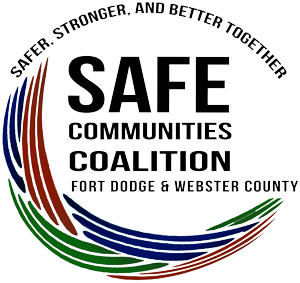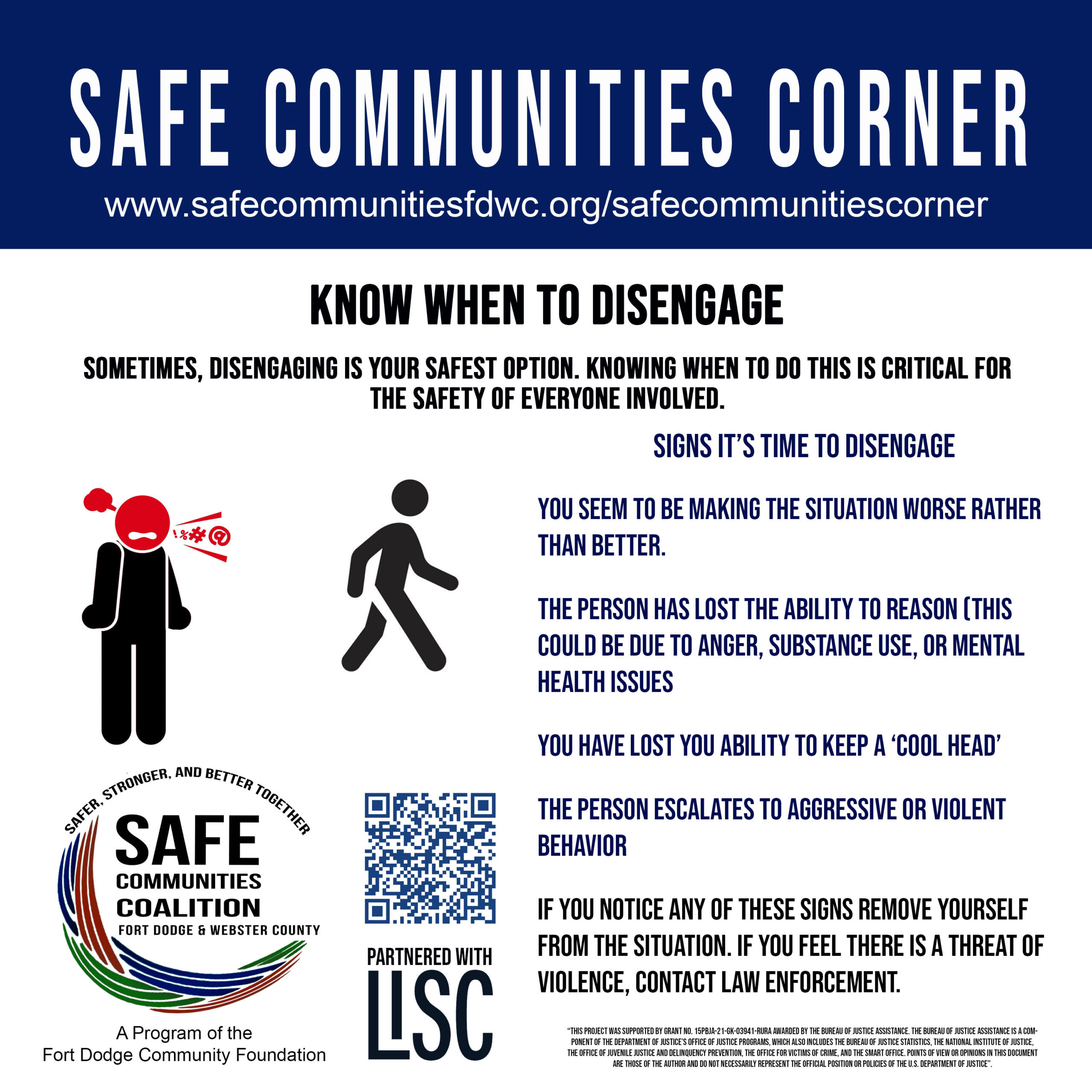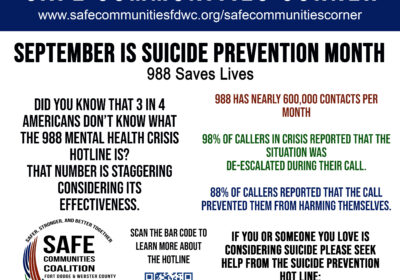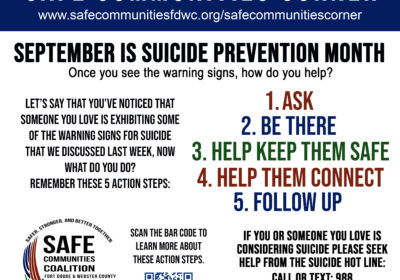You can’t please everyone all the time. This phrase couldn’t be more true than in times of conflict. Sometimes, even after keeping your cool, maintaining non-threatening body language, speaking with respect, and exhausting every reasonable solution, there is just no compromise to be found. Anger has overtaken logic and de-escalating the situation has escaped your grasp. Knowing when to disengage becomes your next step. Being able to do so is important for the safety of everyone involved.
So how do you know when it is time to step away from the attempt to de-escalate? Let’s take a look at the things you need to watch for:
1. You seem to be making the situation worse rather than better. If you notice that, no matter what you do, the person you are talking to seems to be getting angrier. This is a good time to back away and get help. Vocalize your intent to bring someone else into the conversation by saying something along the lines of; “It’s clear that I cannot help you, let me find someone to help us figure this out.” Sometimes getting a fresh face in the discussion is all it takes to be able to calm down and have a productive discussion.
2. The person has lost their ability to reason. If you notice that the person is irrational to begin with it may be best not to attempt to de-escalate. If a person has mental health issues or is under the influence of an unknown substance, there may be nothing you can say to solve their issue…the issue itself may be unreasonable. Sometimes during the course of the conversation or de-escalation process a person might become irrational because of anger. Saying something like “We may need to revisit this later.” or “I need time to think about this.” can be good ways to close the discussion. If trying to end the conversation is not well received, get help or call law enforcement.
3. You’ve lost your ability to keep a ‘cool head’. Remember the body language and word choices we talked about in the previous weeks? Some of us have no issues handling confrontational circumstances. Composure comes easily to these people, while some of us have to work a little harder to hide our nerves. Remember the body language and word choice we talked about in previous weeks? If you’re finding it harder to maintain a relaxed appearance you could lose your ability to de-escalate and actually end up escalating the situation. Pay attention to what your body language and voice are saying and step away if stress or frustration has gotten the better of you. You can back away by telling them that you aren’t in a good place to help them and you need to table the conversation for a while or get someone else to help.
4. If a person escalates to a point of aggression or violence. Don’t think twice about removing yourself and anyone else in the vicinity at this point. If it reaches this stage, there is no explanation needed, get out immediately. Call law enforcement if you fear for your safety or that of someone else.
Finding yourself in a situation that you may find it necessary to de-escalate is never ideal, however knowing how to be aware of your body language, choosing your words carefully, and knowing your limits could keep a bad situation from getting worse or, better yet, it could be the reason everyone walks away happy. Keep calm and carry on! We’ll see you next week!



